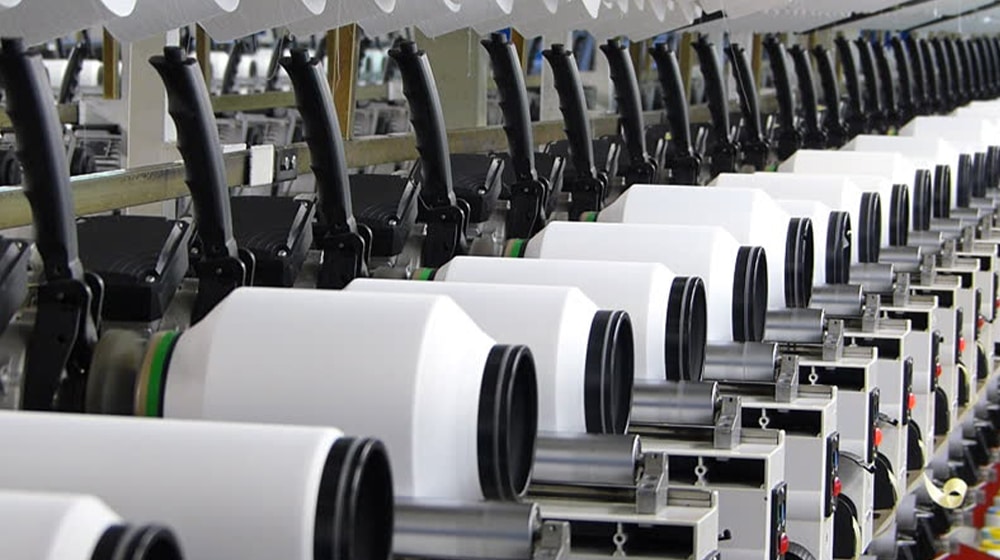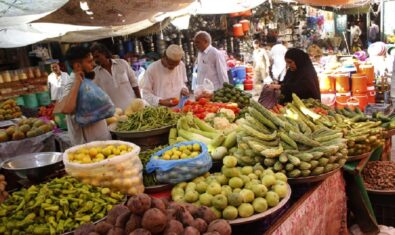The Large Scale Manufacturing Industries (LSMI) output has declined by 3.68 percent during the first half (July-December) of fiscal year 2022-23 (FY23) when compared with the same period of last year, says the Pakistan Bureau of Statistics (PBS).
According to the provisional Quantum Index numbers (QIM) of the Large Scale Manufacturing Industries, the LSMI output decreased by 3.51 percent for December 2022 when compared with December 2021 and increased by 12.38 percent when compared with November 2022.
The LSMI Quantum Index Number (QIM) was estimated for July-December, 2022-23 at 125.31, while it was estimated for December 2022 at 113.60.
The provisional quantum indices of Large Scale Manufacturing Industries (LSMI) for December 2022 with the base year 2015-16 have been developed on the basis of the latest data supplied by the source agencies i.e. OCAC, Ministry of Industries and Production, Ministry of Commerce and Provincial Bureaux of Statistics (BoS).
The LSM data released by the PBS with the base year 2015-16 showed that the main contributors towards the overall growth of -3.68 percent are, food (-0.36), tobacco (-0.60), textile (-2.75) garments (4.06), petroleum products (-0.80), cement (-1.04), pharmaceuticals (-1.21), and automobiles (-1.36).
The production in July-December 2022-23 as compared to July-December 2021-22 has increased in wearing apparel, leather products, furniture, and other manufacturing (football) while it decreased in food, tobacco, textile, coke & petroleum products, pharmaceuticals, rubber products, non-metallic mineral products, fabricated metal, electrical equipment, machinery and equipment, automobiles and other transport equipment.
The sectors showing growth during July-December include wearing apparel (46.61 percent), leather products (5.71), furniture (105.49 percent), and other manufacturing (football) (0.06 percent).
The sectors showing decline during July-December include food (2.39 percent), beverages (8.47 percent), tobacco (23.51 percent), textile (13.51 percent), wood products (66.01 percent), paper and board (2.81 percent), coke and petroleum products (11.15 percent), chemicals (1.13 percent), chemicals products (0.10 percent increased), fertilizers (1.98 percent), pharmaceuticals (21.56 percent), rubber products (7.62 percent), non-metallic mineral products (11.72 percent), iron and steel products (2.13 percent), fabricated metal (14.69 percent), computer, electronics, and optical products (20.03 percent), machinery and equipment (47.85 percent), automobiles (30.23 percent), other transport equipment (39.49 percent).





















